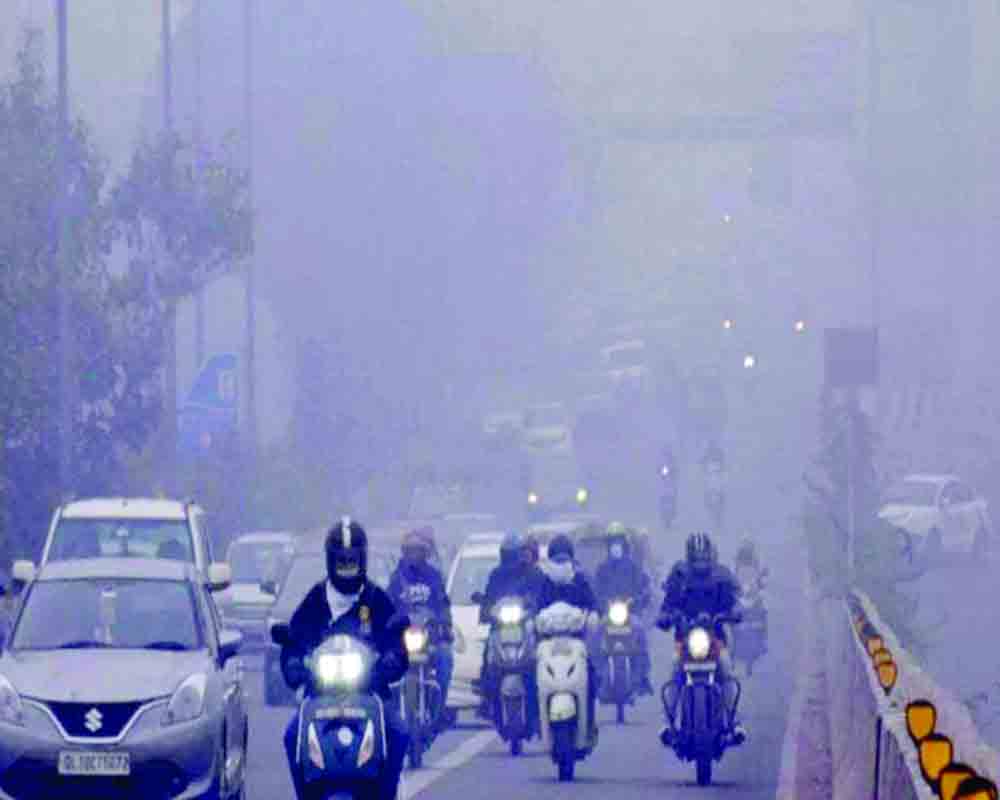Delhi-NCR needs a working plan to deal with the ubiquitous air pollution, not fancy ideas
Barely before you could complete that sneeze, back are the smog, haze and hazardous air to assault your nostrils, lungs and overall health. After Delhi and adjacent States stopped burning farm stubble following a Supreme Court hearing, there was some respite and the authorities conveniently forgot about the menace. But as the temperature falls, the heavy air does not let polluted air rise and Delhi-NCR once again finds itself ensnared in toxic air. Besides stubble burning, construction activity, vehicular and industrial pollution and several other factors contribute to air toxicity but a working plan to deal with it is still not in place. A few weeks back when the AQI was at hazardous levels, the Delhi Government had announced with fanfare that it would seed clouds to cause artificial rain and lick down the suspended particulate matter at a cost of crores. But like several other fancy schemes, this plan too has fizzled out. The talk of this expensive experiment, if not carried out now, would turn out to be much ado about nothing. The Delhi Government was considering to bring about artificial rain through cloud seeding. The ambitious initiative is not without its share of benefits, disadvantages and hefty costs. Cloud seeding is the artificial generation of rain, involving the introduction of particles such as silver iodide crystals, potassium iodide and dry ice into clouds. These particles facilitate the condensation of water vapour, leading to the formation of raindrops or ice crystals, subsequently resulting in rainfall.
Artificial rains have several benefits, including the dispersal of air pollutants and the reduction of concentrations of dust, smoke, smog, haze and chemicals in the atmosphere. It can also improve moisture levels for crops, proving advantageous to the agricultural sector. However, the success depends on suitable meteorological conditions, limiting its applicability. It is not foolproof and should not be considered a guaranteed solution. The effectiveness of cloud seeding varies from project to project, and the use of potentially harmful chemicals like silver iodide may have adverse effects on plants, leading to iodism, a type of iodine poisoning. Artificial rains may alter climatic patterns, leading to undesirable or destructive weather conditions, such as flooding and storms. The cost of cloud seeding is significant, with an estimated expense of ?1 lakh per sq km. While cloud seeding presents itself as a potential solution to the air quality crisis, its drawbacks and uncertainties raise questions about long-term viability. As the Government contemplates this ambitious intervention, a balance between addressing immediate concerns and considering the broader ecological impacts must be struck. What Delhi needs is a mix of time-tested solutions which are plenty and available across the world; all we have to do is to get the one that best suits our requirements, not what may cause more problems than it solves.


























